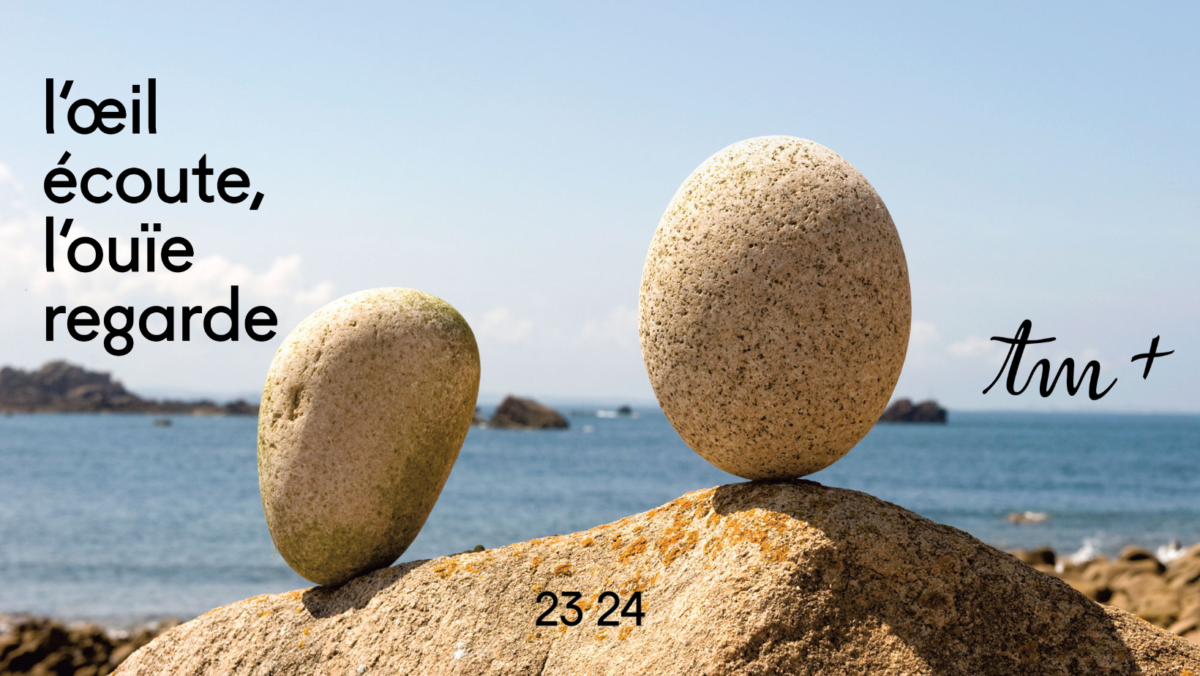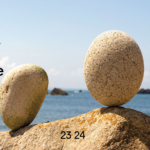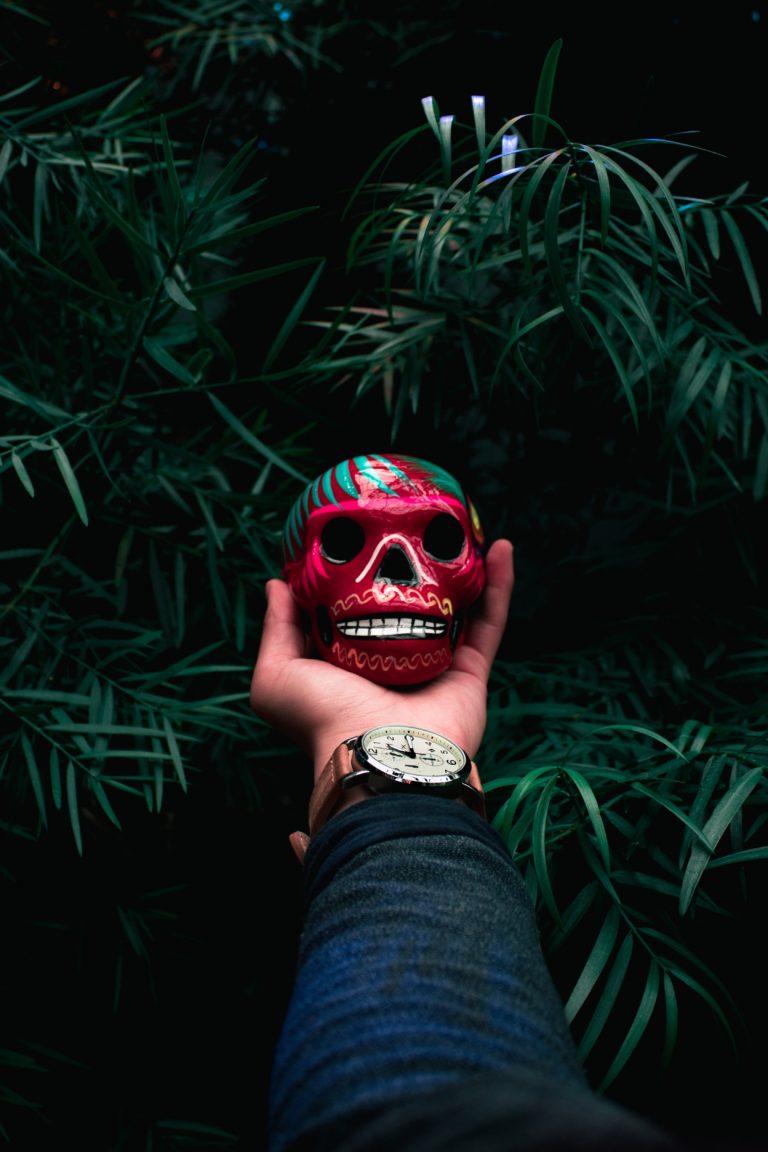Correspondences
Muriel Ferraro Soprano
Marc Desmons Alto solo
Gilles Burgos Flute
Nicolas Fargeix Clarinet
André Feydy Trumpet
Olivier Devaure Trombone
Julien Le Pape Piano
Anne Ricquebourg Harp
Vassilena Serafimova Percussion
Myriam Lafargue Accordion
Noëmi Schindler, Floriane Bonanni Violin
Antonin Le Faure Viola
Florian Lauridon Cello
Didier Meu Double bass
LaurentCuniot Conductor
Echoes, correspondences and rewritings are on the program of this large-scale concert that brings together three sensibilities of the last century and today.
Gloomy ruins, disheveled landscapes, the melancholic voice of the romantic hero, the concert traces a path intertwined with correspondences, where poets walk at the pace of composers and tell them fantastic stories in their ears.
The viola, that great violin with an all-too-human voice when it is stripped of everything but the essential, sounds in The Viola in My Life II like Morton Feldman’s melancholy double. The still and quivering piece suggests the idea of a skin, one’s own, being played, the grain on it quivering.
In contrast to the almost silence: the ball. Behind the fortified walls where debauchery thought to keep the plague and cholera at bay, we hear the Conte fantastique, André Caplet’s little-known masterpiece, a deliciously morbid carnival for murderous harp and strange string quartet, which bears Poe’s Masque de la mort rouge.
At the end of the road, raising the bow on the heroic viola, Gérard Pesson’s Panorama, particolari e licenza, turns around Berlioz’s Harold en Italie, as one would say of a film-maker that he shoots scenes. A subtle and humorous musician, the composer shifts three of the movements of the original, retains the viola but adds the vocals of Byron’s original poem, and sifts the grand spectacle through the sieve of his musical writing: special effects, tracking, zooming, shoulder-mounted camera and jubilant freedom. In short: panorama, details and license.
Coproduction TM+, Maison de la musique de Nanterre
Photo Ivan Diaz


